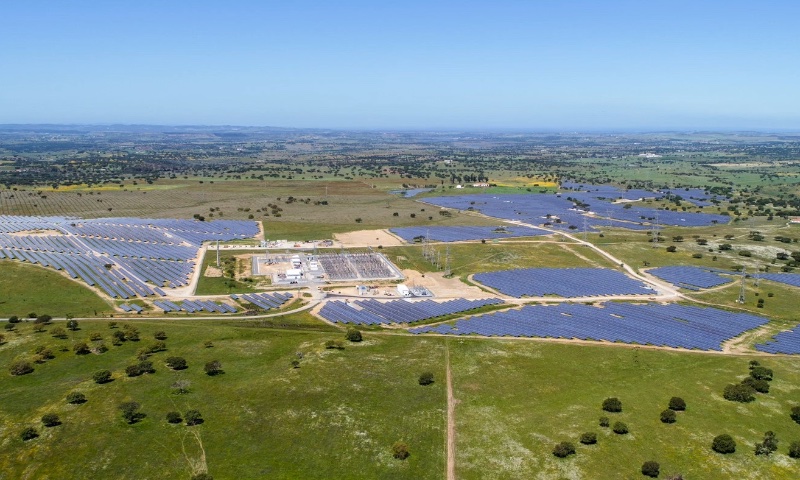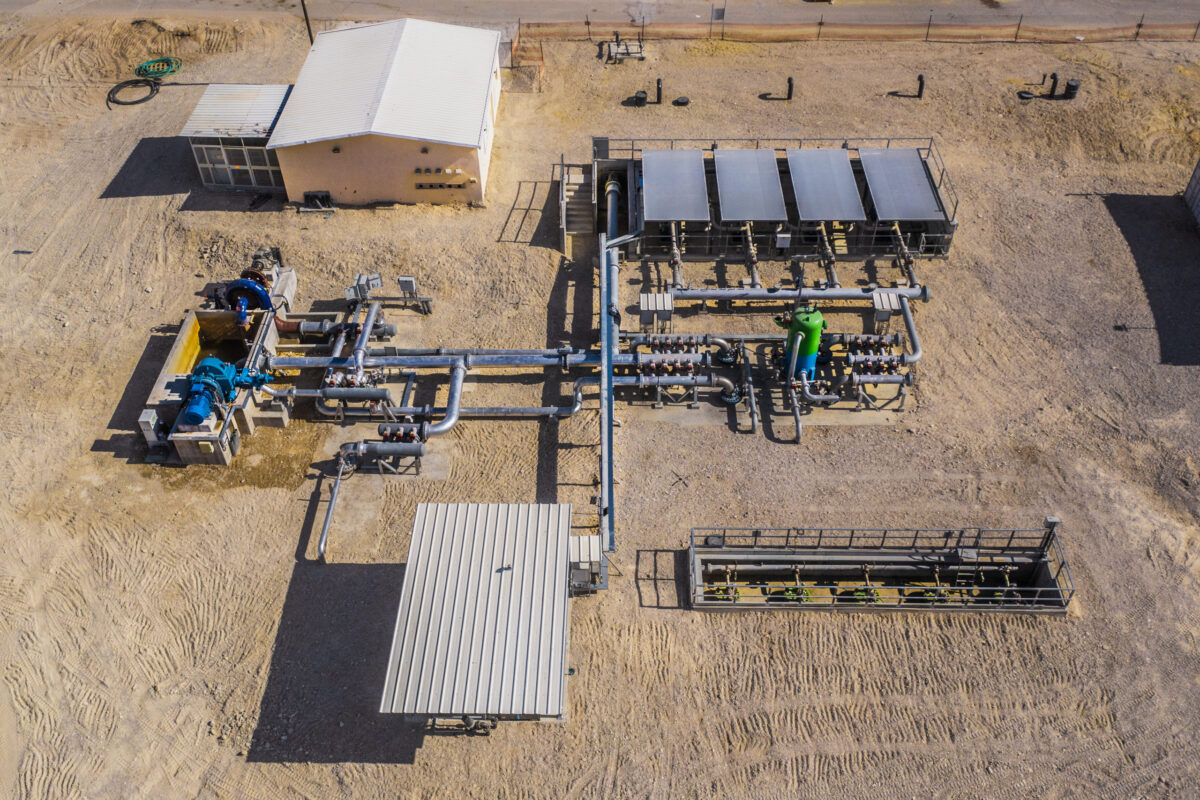Portugal’s geographical isolation at the western edge of Europe and grid connection issues are hindering the deployment of renewables in the country, according to the latest report by UK-based consulting firm GlobalData.
“In recent years, with the proliferation of renewable power and massive hydropower capacity, Portugal has been producing more power than its actual consumption,” GlobalData said in a statement. “However, having only grid connection with Spain, the excess generated power without a robust connected energy grid or ample storage could go to waste.”
Solar has been the fastest-growing renewable energy source in Portugal since 2013, with cumulative installed capacity hitting 2.59 GW at the end of 2022. The country aims to add 2.57 GW of new solar capacity by the end of 2023, according to the national energy-saving plan.
Portugal’s renewables share increased from 7.9% of the electricity mix in 2000 to 30.2% in 2010 and 43.3% in 2021. Under its National Energy and Climate Plan (NECP) 2021-30, the Portuguese government set a target to generate 47% of its gross final energy consumption from renewable sources by 2030.
However, the country will only achieve these targets with heavy investments in storage solutions and upgrades to the national grid, according to GlobalData.
“With energy storage solutions and a robust grid system, the country can reduce electricity imports, improve efficiency, increase renewable generation, and meet its climate goals,” said Attaurrahman Ojindaram Saibasan, power analyst at GlobalData.
This content is protected by copyright and may not be reused. If you want to cooperate with us and would like to reuse some of our content, please contact: editors@pv-magazine.com.



By submitting this form you agree to pv magazine using your data for the purposes of publishing your comment.
Your personal data will only be disclosed or otherwise transmitted to third parties for the purposes of spam filtering or if this is necessary for technical maintenance of the website. Any other transfer to third parties will not take place unless this is justified on the basis of applicable data protection regulations or if pv magazine is legally obliged to do so.
You may revoke this consent at any time with effect for the future, in which case your personal data will be deleted immediately. Otherwise, your data will be deleted if pv magazine has processed your request or the purpose of data storage is fulfilled.
Further information on data privacy can be found in our Data Protection Policy.